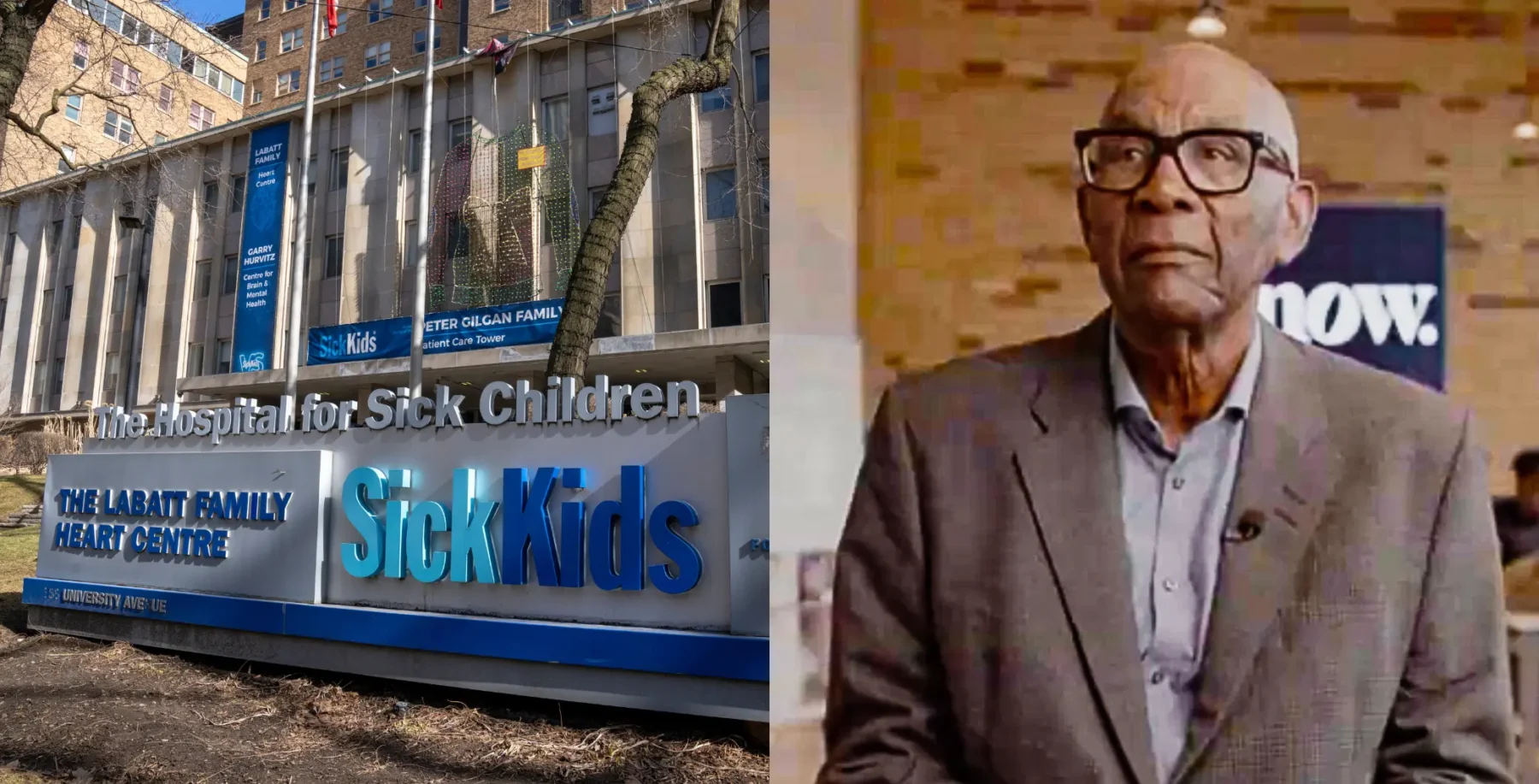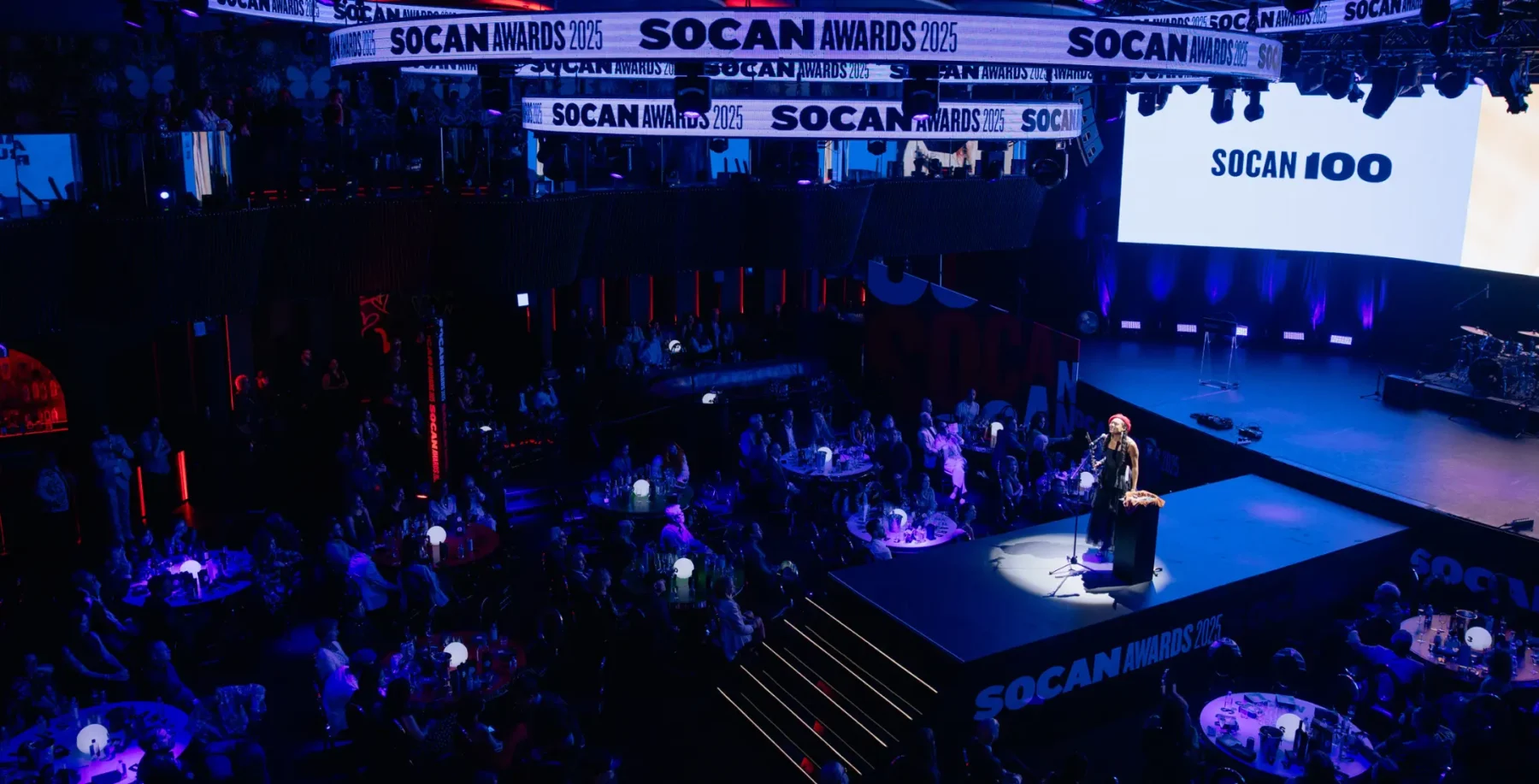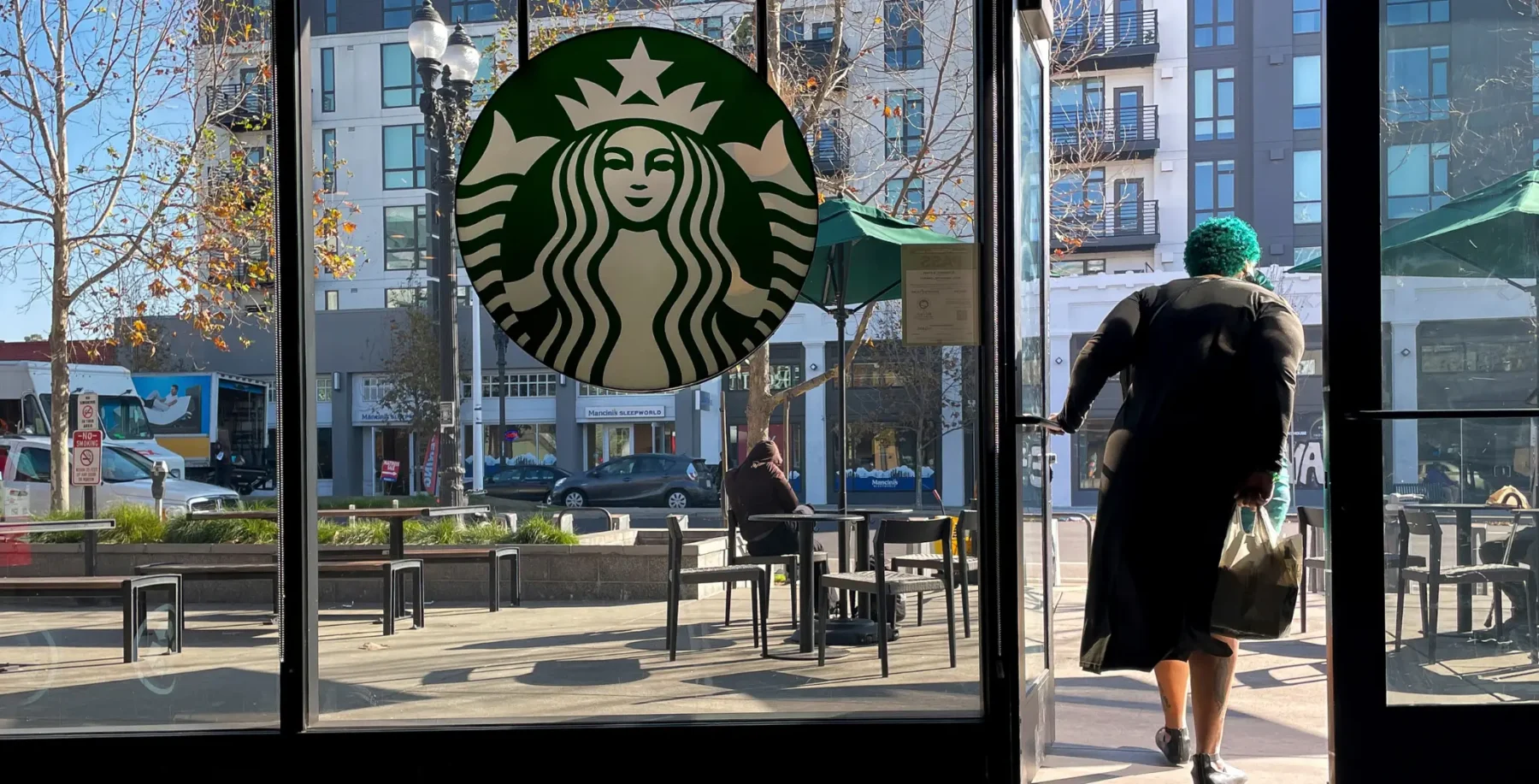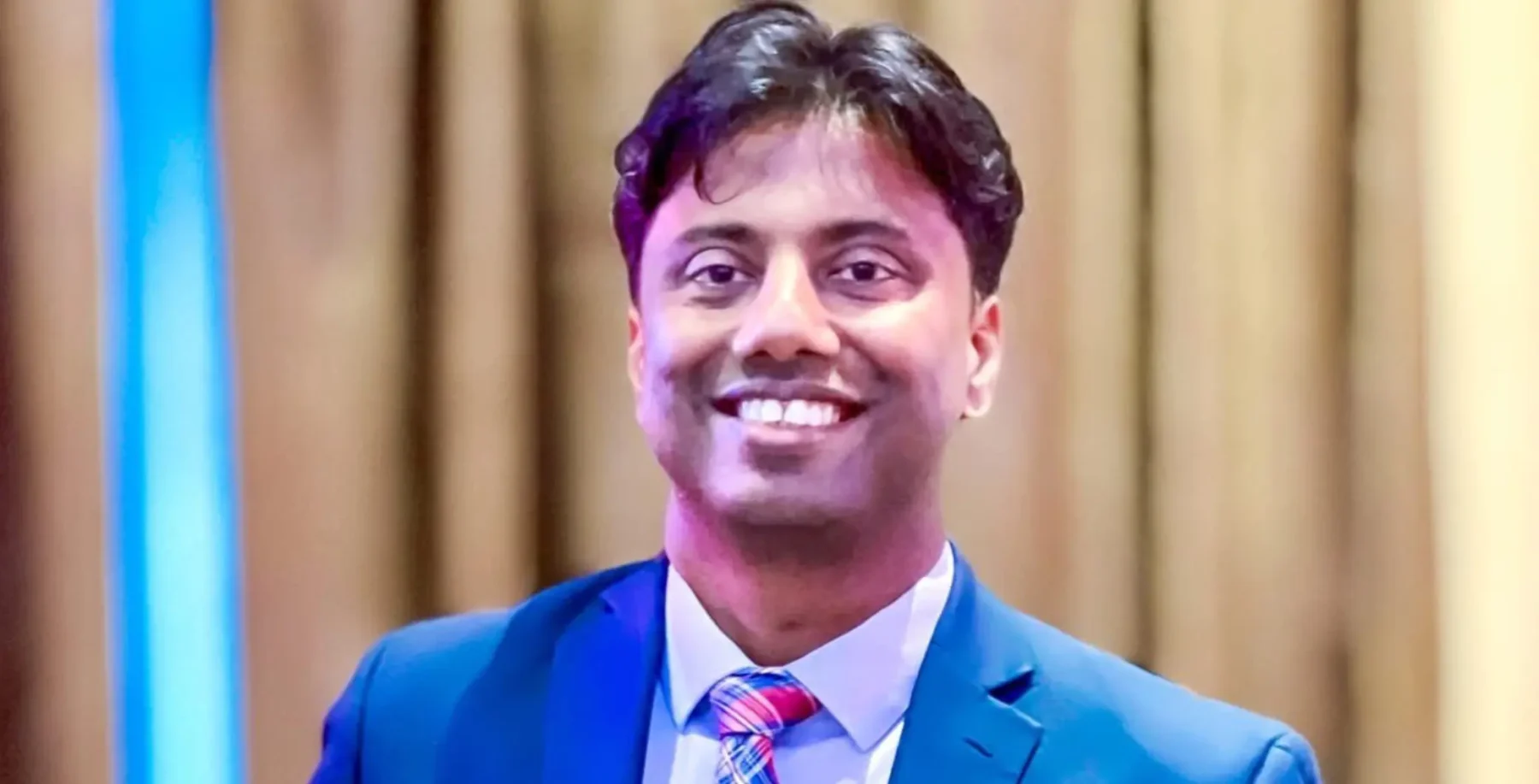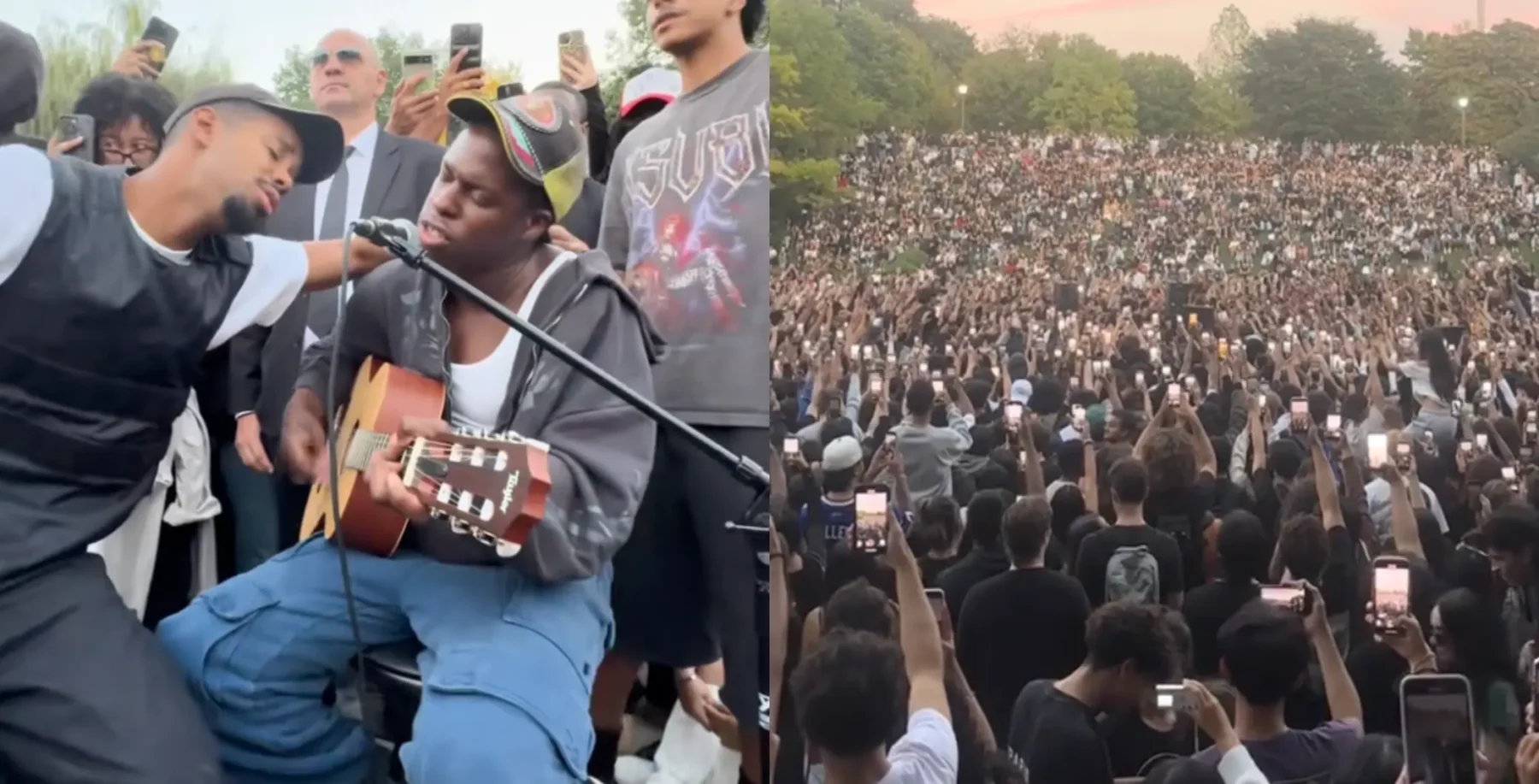
Directed by Canadian J Stevens of the Spindle Film Foundation, Really Happy Someday is a true coming-of-age film based in Toronto, exploring something unique to 2SLGBTQ+ communities: second adolescence.
Warning, this review contains spoilers for the film ‘Really Happy Someday.‘
Despite being a fictional film, through awkward, tender moments and heart-wrenching scenes, this movie tells a story of coming into your own as a queer person that is all too real.
Premiering on Sept. 8 at TIFF 2024, Really Happy Someday follows a period of time in the life of Z (Breton Lalama) a young transgender man and formerly successful musical theatre actor struggling to find work now that he is in the early stages of transitioning.
Set in Toronto, the film is filled with many moments of authentic queer joy interwoven with the harsh realities of life for many people in the community.. While Z is living openly as a trans man, receiving affirming care, and surrounded by the support of a loving community, his life is not a harmonious one. His long-term partner has left him for a new life in New York, his agent does not believe he can continue working as an actor while on testosterone, and his bills are piling up.
Read More
Rejected from an audition due to a cracking singing voice caused by being on testosterone, the film opens with Z struggling to accept that transitioning may have negative implications for his career, and in turn, his life.
Reminiscent of Elliot Page’s 2023 TIFF premiere Close to You, this piece highlights a worry that is common amongst many 2SLGBTQ+ people: what if, despite living my truth, I don’t end up really happy someday?
There are many supporting characters in the film that feel all too real for anyone who has experienced coming out, or finding your place in the world as a queer person. For instance, Z’s seemingly passively transphobic agent who encourages him to give up his dream of stage acting for a career on screen, explaining that she doesn’t think he will be able to work as a musical theatre performer while on testosterone. However, this blow is softened by the vocal coach who works with Z through these challenges to hone his skills while supporting his ambitions. The juxtaposition between the two characters feels realistic, reminding viewers of the various struggles facing 2SLGBTQ+ individuals who are just trying to live their truth.
The storyline’s authenticity makes it very apparent that this film has been crafted by 2SLGBTQ+ people. The moments of love and happiness complement the very real struggles being experienced by the lead character. This includes authentic, peeled-back moments that leave audiences feeling like they are watching someone’s visual diary. Z binding his chest, giving himself T shots, and shaving his face for the first time all remind viewers of the struggles of adolescence, something many adult 2SLGBTQ+ people experience for a second time once they are able to live their truth.
Torontonians will enjoy familiar shots of the city and iconic cultural references like “Lesbian Night at The Beaver,” as well as a cast that truly reflects the diversity of the city.
With components that pull at heartstrings and soothe the heartache of many 2SLGBTQ+ people, the authenticity of this movie is so intense that it is easy for viewers to forget they are watching a fictional movie, not a documentary. It is refreshing to watch a queer film that leaves audiences optimistic about the future of the characters. No one is dead, no one is sick, and things are finally looking up. Overall, this piece leaves viewers hopeful that maybe, just maybe, we all can be Really Happy Someday.

